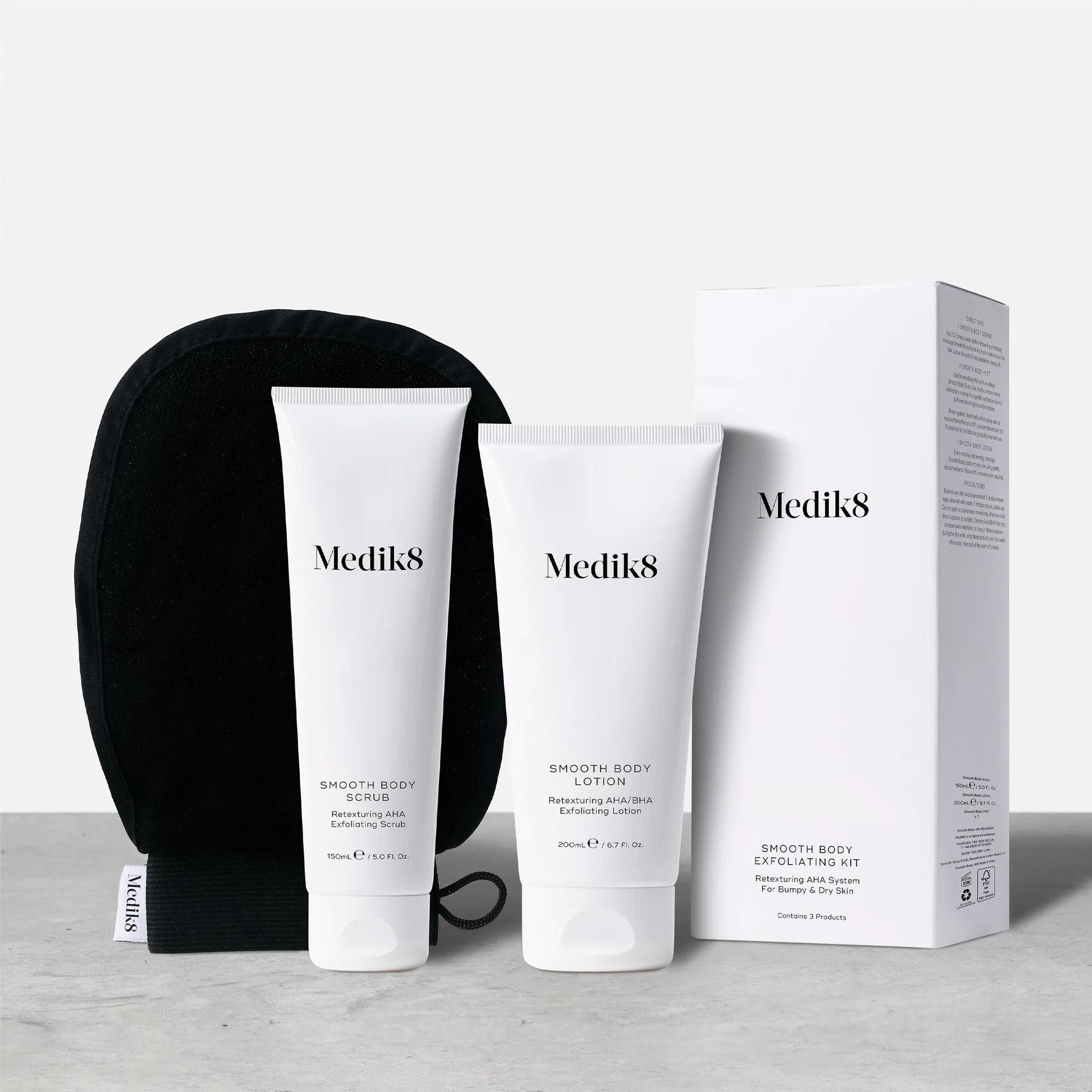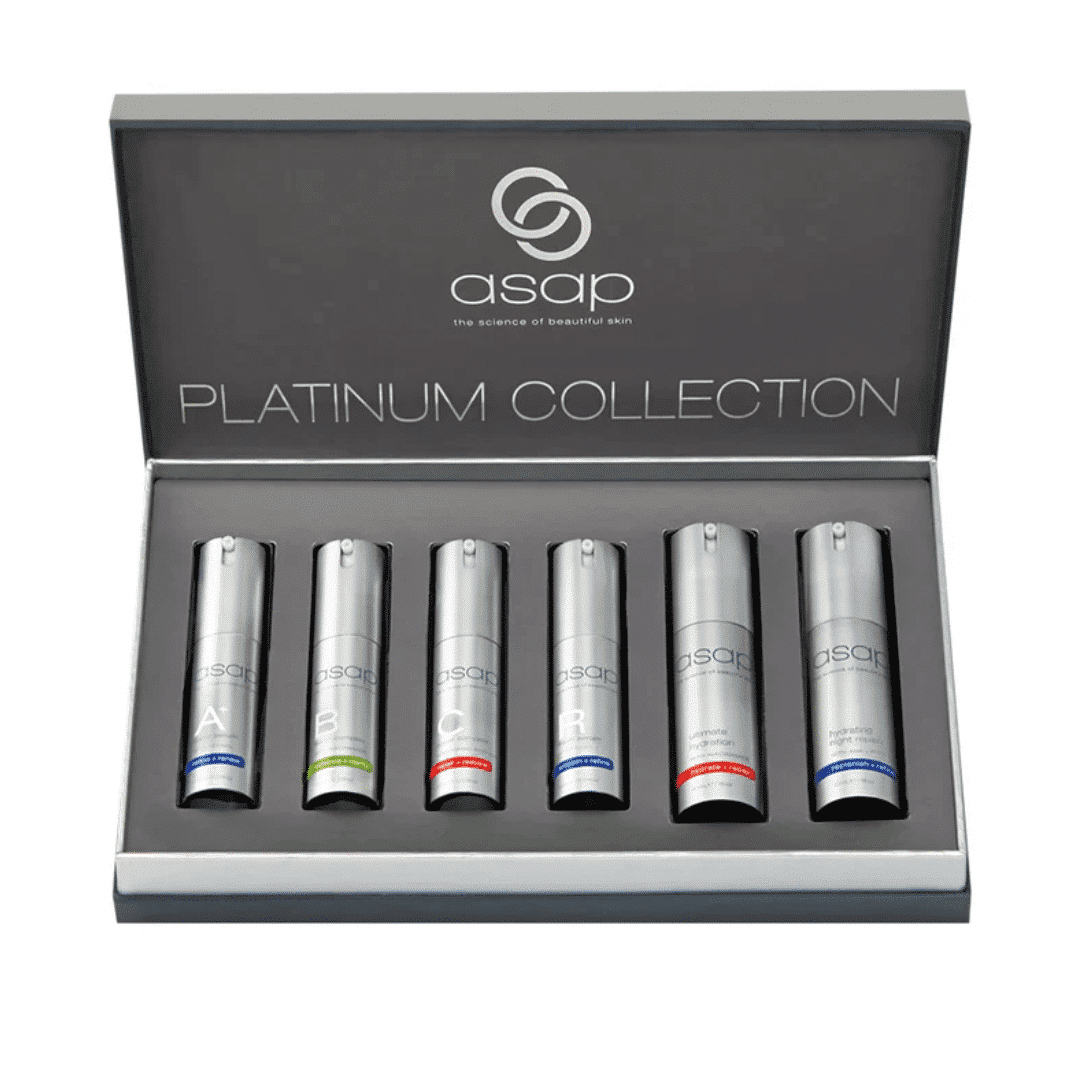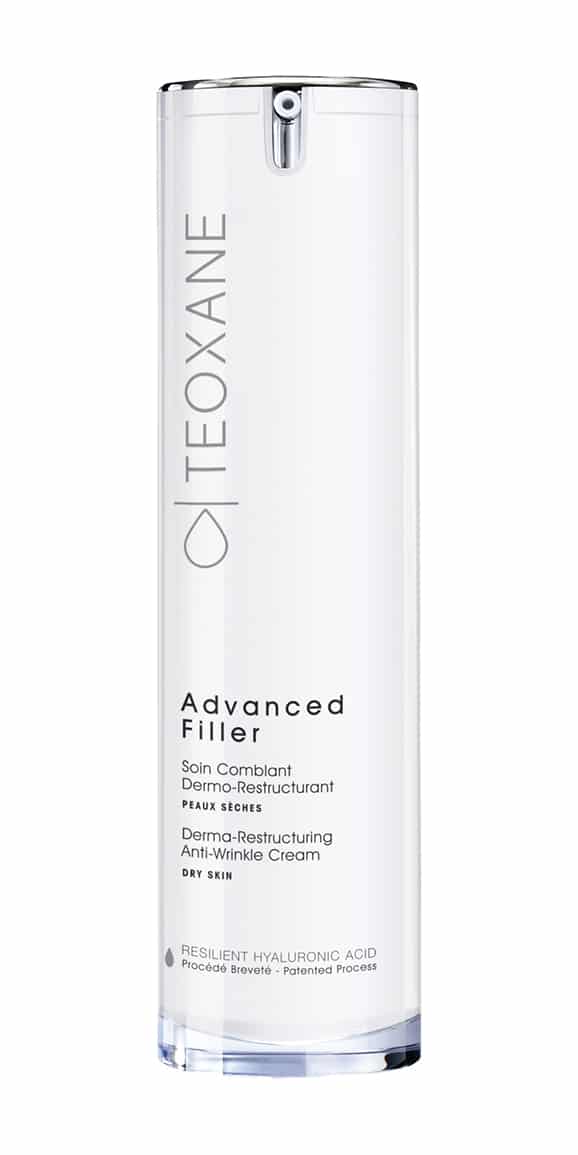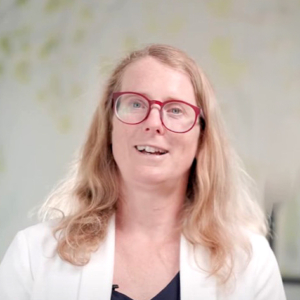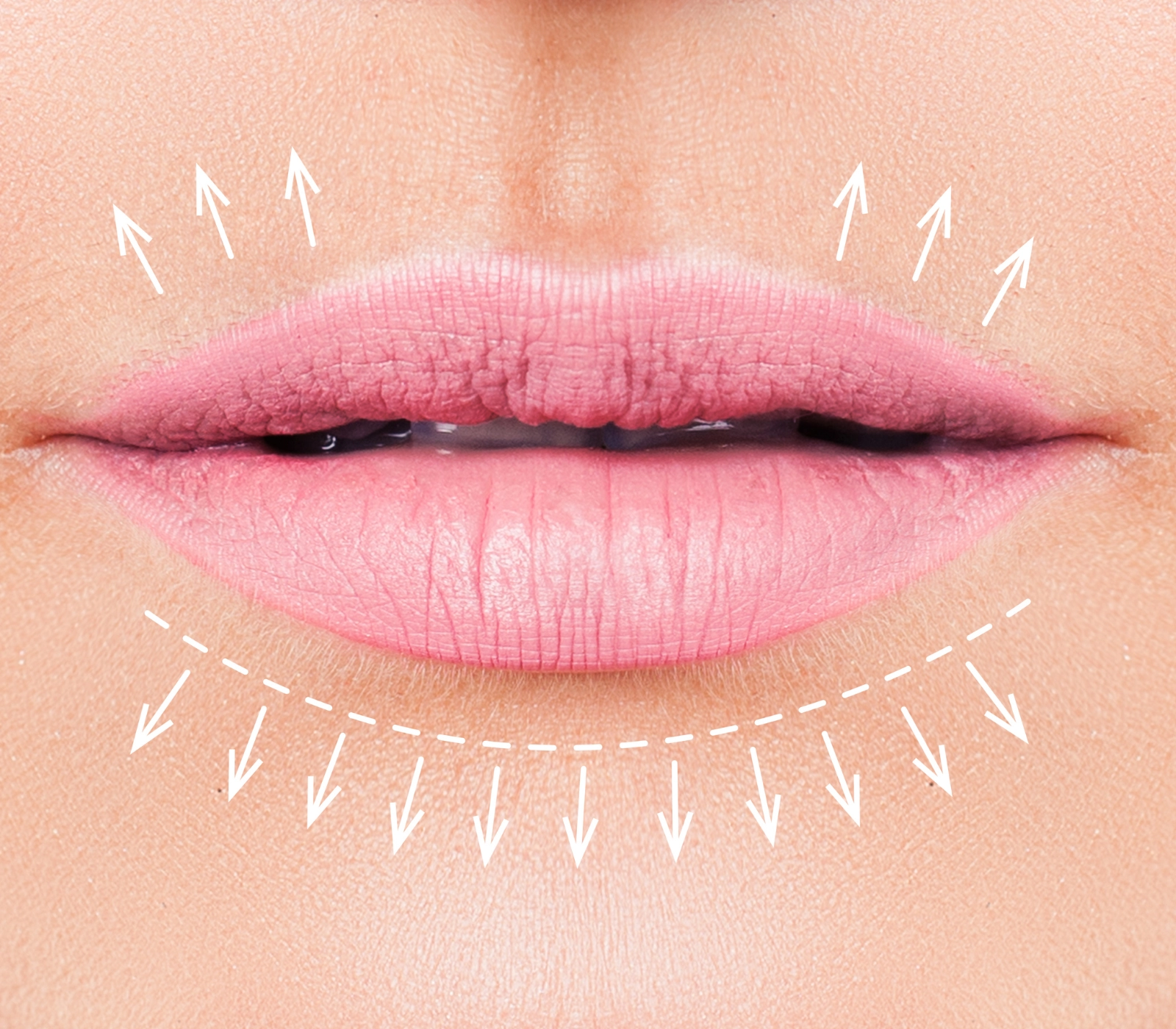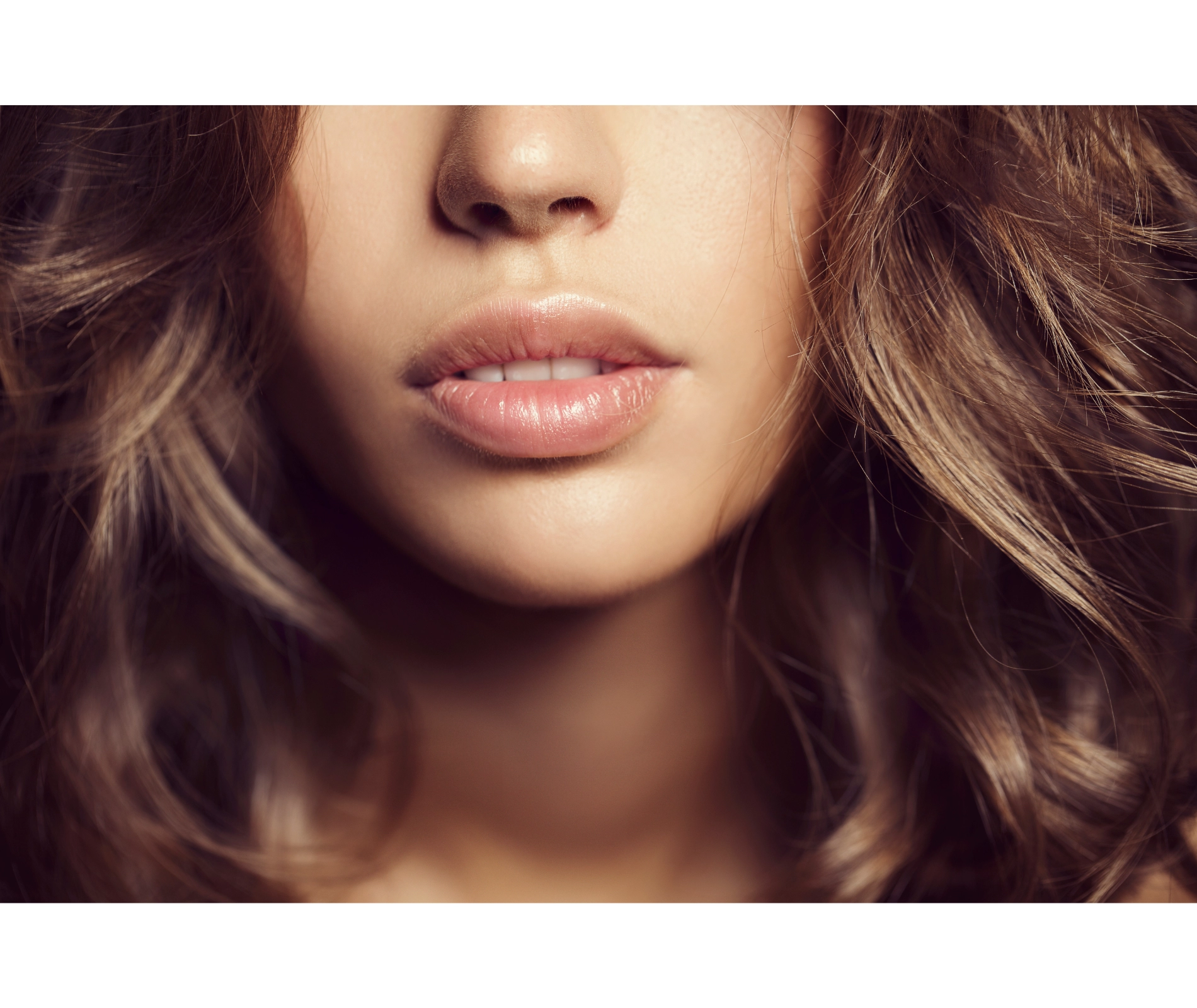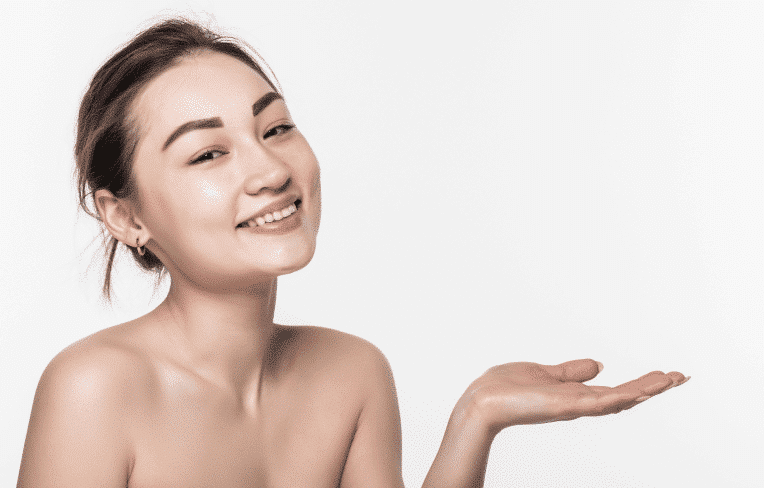
When choosing the right skin care routine, have you ever felt confused and overwhelmed? Do you think some of the products are probably quite overpriced? Let me guide you through some simple, efficient, affordable options to make your skin look great again.
Why would you use good skincare?
A good and regular skincare routine can really give you this fresh and rejuvenated look. People are often surprised by the difference it makes. It can help you to:
- Restore a healthy glow and radiance to your skin
- Smooth fine lines and wrinkles
- Fade dark spots and uneven pigmentation
Dr Nadja Haub says
It is not worth spending a lot of money on expensive cosmetic treatments if you don’t do the basics. Using high-quality skincare products is important for maintaining youthful skin and preserving the results of cosmetic treatments. Companies heavily advertise many products without clearly listing or explaining the ingredients. Because of that, many people end up with an expensive product that may not even work well for their skin.
What should my skin care routine be?
Apart from cleansing, exfoliating, moisturizing, and protecting your skin from the sun, you do need to add a bit more to see good results. Using additional serums and peels can improve your skincare routine even more.
We will describe a basic skin care routine. But if you want to try something more advanced, we will recommend you more innovative ingredients.
Remember, consistency is key in skincare, so stick to your routine, and you’ll see the results quickly.
A basic skin care routine that will work
The best approach involves sticking to simple, effective ingredients that people have used for a long time. This ensures that these ingredients are safe, and we know them well enough to know how they work. Three well-studied anti-aging powerhouses in skincare are Vitamins A, B, and C, which have been around for many years.
To simplify it, follow the simple ABC rule: A,B,C.
- Vitamin A (Retinol)
- Vitamin B (Niacinamide)
- Vitamin C (Ascorbic acid)
Most vitamins for the skin are serums. This means they are lightweight and easily absorb into the skin, delivering potent benefits efficiently. We will give you more detailed instructions on how to use your vitamins further down below.
Follow your serums with
- Daily Moisturiser
- Regular peels two or three times per week
- SPF 50+ sunscreen
You should use a peel at night, but depending on the strength of the peel, two or three times per week should be enough. Your daily moisturiser and SPF 50+ when you go out into the sun.
A more advanced skin care routine
As the cosmetics world evolves, you can also try more innovative ingredients. Many studies show these ingredients work, but it’s unclear if they’re better than traditional Vitamins A, B, and C.
Peptides
Some popular innovative ingredients to consider adding to your skincare routine include peptides or stem cell-derived products. Peptides send signals between skin cells, and their effects vary depending on the type of peptide in your product.
Stemcells
Stem cells are the youngest cells in our bodies. They can adapt and turn into other body cells, such as skin cells, depending on where we place them. This process can renew and refresh your skin. However, few studies are available at the moment that prove that stem cells provide much benefit.
Not to be missed ingredients in your skin care routine
Vitamin A (Retinol)
Women over 30 should use a gentle retinol to help prevent and treat signs of aging on their skin. This is because it helps the skin produce younger cells, making it look more radiant and healthy.
When used for the first time, retinol can cause irritation and redness of the skin. So, it is important to only use small amounts in the beginning. Once you tolerate it quite well, you can slowly increase the amount and frequency of use. It is best to use retinol only in the evening because it makes your skin sun-sensitive.
There are many types of retinol available. Choosing retinol forms that are more easily absorbed by the skin and less irritating can help.
Examples of fat-soluble retinoids are granactive retinoids and retinoyl palmitate. These fat-soluble forms penetrate the skin better and cause less irritation. They also seem to be more potent and beneficial.
Vitamin B (Niacinamide)
Vitamin B can help improve signs of ageing, uneven pigmentation, and age spots. It helps hydrate the skin and reduces enlarged pores. It is also quite commonly used to treat acne, as it improves oily skin and enlarged pores.
Vitamin C (Ascorbic Acid)
Vitamin C is a must-have amongst skin care addicts because of its brightening capabilities. As we age, our skin loses more and more vitamin C. This lack can cause dullness and unhealthy-looking skin.
For that reason, it is important to use Vitamin C as part of your daily skin care routine.
The problem with vitamin C is that it is very unstable on the skin and quickly becomes ineffective. To prevent this, researchers developed new fat-soluble forms of vitamin C. This means that the vitamin C can penetrate the deeper layers of the skin and does not become unstable. Once it reaches the deeper skin layers, it will convert to pure vitamin C and brighten the skin from within.
Natural Peels
Peels should form an integral part of your skin care routine. They can help to exfoliate the skin, remove dead skin cells, and improve skin texture and tone. But it is important to not overuse them. Overusing peels can strip the skin of its natural oils and cause irritation.
There are mild peels that can be used at home. These peels remove only the top layers of skin. There are also moderate peels that go deeper into the skin. You should only use these a few times per week.
Moisturisers
Most people get drier skin as they age, making it even more important to use a good moisturiser. A moisturiser should be light and spread easily. You can use it as often as you like, with most people using it twice daily.
SPF 50+ Sunscreen
Protecting your skin from the sun’s harmful rays using a moisturizer with SPF 50+ is crucial. This will help prevent premature aging and reduce the risk of skin cancer.
When choosing a moisturizer, look for one suitable for your skin type, whether oily, dry, or combination. Applying the moisturizer to clean skin is also important, preferably after cleansing and toning. Remember to be gentle when applying the moisturizer, using upward motions to avoid tugging on the skin. Keep your skin hydrated, protected, and youthful by using a moisturizer with SPF in your skincare routine.
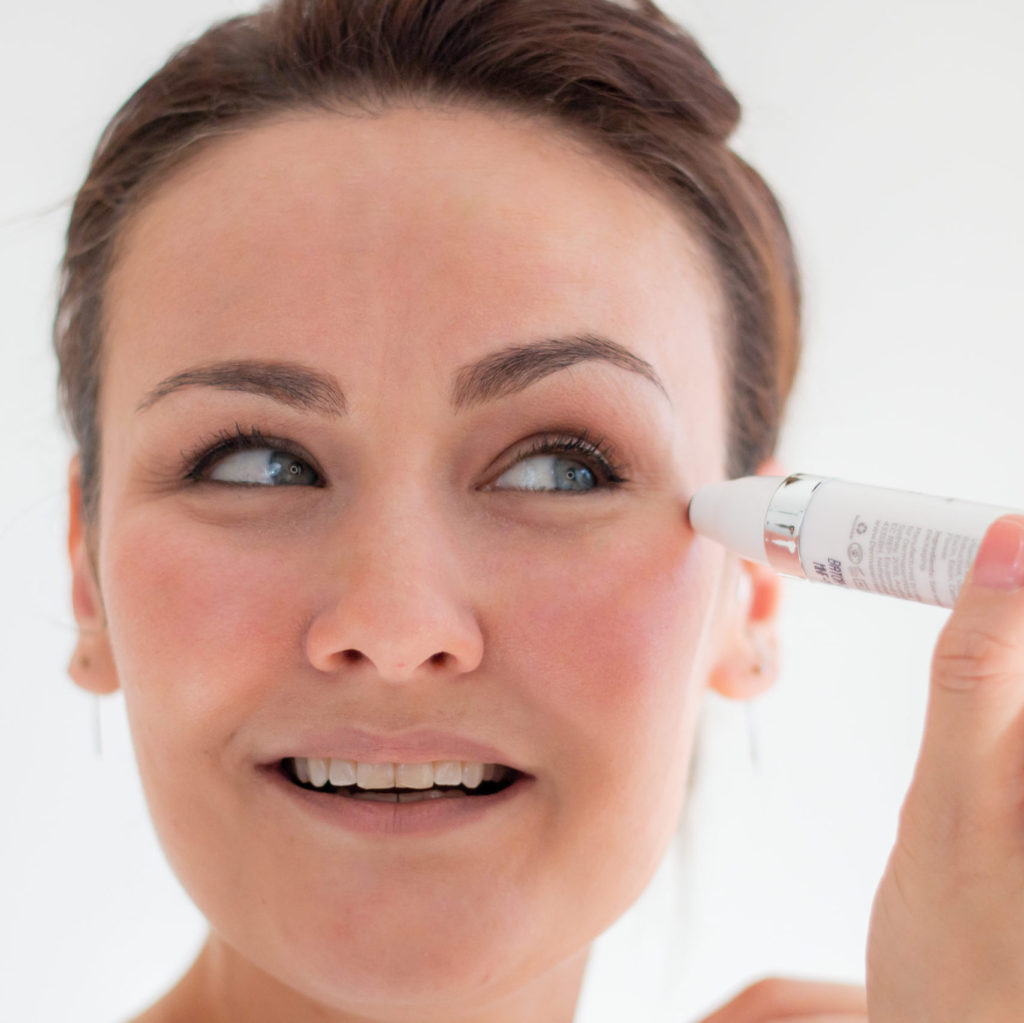
Can you recommend a skin care routine that works?
A convenient way to have a complete skin care routine is to buy a pack with all the necessary products. The manufacturer has done all the work for you, so you don’t have to choose each product yourself.
There are many brands offering high-quality skin care products. Select products from reputable brands scientists have tested to guarantee their effectiveness and safety for your skin.
We picked some skin care products with all the main ingredients to help your skin. They are easy to use and effective.
Medik8 CSA Kit
This is a kit developed by Medik8. It is a vegan brand that prioritizes protecting the environment. The company sustainably sources all ingredients.
This brand is unique in that it loves using Vitamin A and Vitamin C as its main active ingredients. You can purchase all different types and concentrations of these two vitamins. It offers high quality and very reasonable pricing.
ASAP Platinum Pack
The ASAP Platinum Pack is another great option for high-quality skin care products. This pack includes products designed to target skin concerns such as aging, acne, and pigmentation. The brand, based in Australia, has extensive knowledge and experience in treating sun-damaged Southern Hemisphere skin.
The Platinum Pack is a complete set. It includes traditional vitamins and innovative ingredients like peptides and stem cell technology. With regular use, you can expect to see visible improvements in your skin’s texture and appearance.
Teoxane
The Teoxane brand does not offer any pre-designed packages. Instead, it tries to conveniently add all the necessary ingredients into one product.
If you want it extra simple, you can use a morning and a night cream. If you want to see superior results, use Vitamin C or Multivitamin Serum with your morning and evening creams.
In summary
Many skincare products exist, but not all have been tested and are proven to work. We recommend using a reputable brand and focusing on the main ingredients. If you have any questions, please get in touch with us for more information or assistance.

